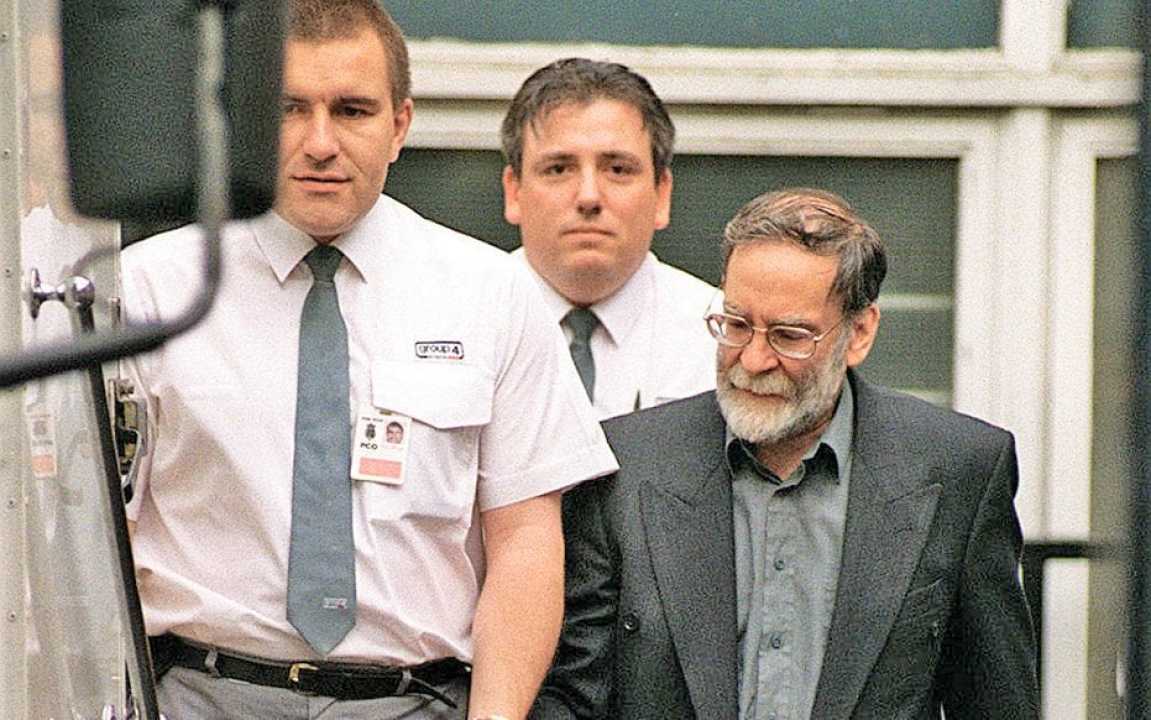News
The Trial of Harold Shipman: A Haunting Tale of Betrayal and Murder

Channel 5’s documentary, The Trial of Harold Shipman, examines the infamous crimes of one of Britain’s most notorious serial killers, Harold Shipman. A once-respected general practitioner, Shipman was convicted of murdering 15 of his patients, predominantly targeting elderly women.
Shipman’s dark activities remained undetected for over two decades, during which it is estimated he may have killed around 250 patients. His modus operandi involved administering lethal doses of morphine, disguising the murders as natural causes and altering medical records to evade suspicion.
Born in the 1940s, Shipman graduated from Leeds University and began his career in a hospital in Pontefract before becoming a general practitioner in 1974. He garnered a reputation as a caring doctor in Hyde, where he opened his own practice in 1993. However, the friendly facade concealed a horrifying reality.
Growing concerns about Shipman’s patient death rate began to surface in March 1998 following remarks from Deborah Massey, an employee at a local funeral parlour. Her concerns were communicated to multiple officials, including John Pollard, the coroner for the area, but initial investigations failed to yield sufficient evidence to apprehend Shipman.
In June 1998, Shipman administered a lethal dose to his final victim, 81-year-old Kathleen Grundy. After her unexpected death, suspicions arose when Grundy’s daughter, Angela Woodruff, discovered that her mother had left a will naming Shipman as the sole beneficiary of her estate.
This alarming revelation led Woodruff to contact the police, who exhumed Grundy’s body. Tests revealed traces of diamorphine in her system, prompting further scrutiny of Shipman. Investigations soon uncovered that Shipman had manipulated medical records after his patient’s death, ultimately leading to his arrest.
Upon examination of his computer records, investigators found that Shipman had altered data to cover his tracks. He was arrested on September 7, 1998, after authorities linked him to a larger pattern of suspicious deaths.
In January 2000, Shipman was found guilty of 15 counts of murder and one count of forgery. He was sentenced to life imprisonment, where he tragically took his own life four years later while serving time at Wakefield Prison.
The Shipman Inquiry later determined that he could be responsible for at least 215 to 250 patient deaths. The chilling case of Harold Shipman has since prompted major reforms in medical practices across the UK, reducing the prevalence of single GP practices to enhance patient oversight.












